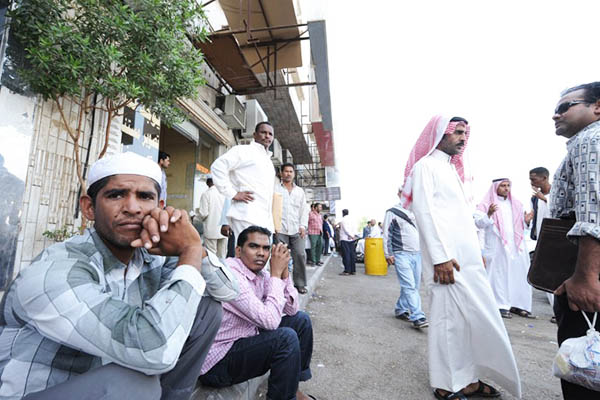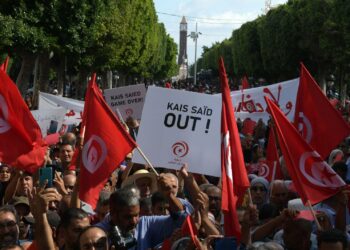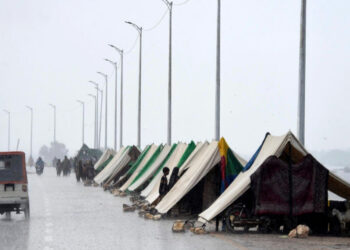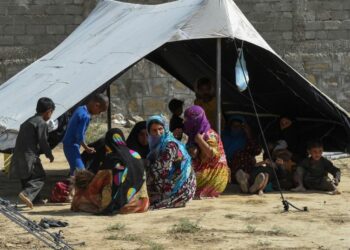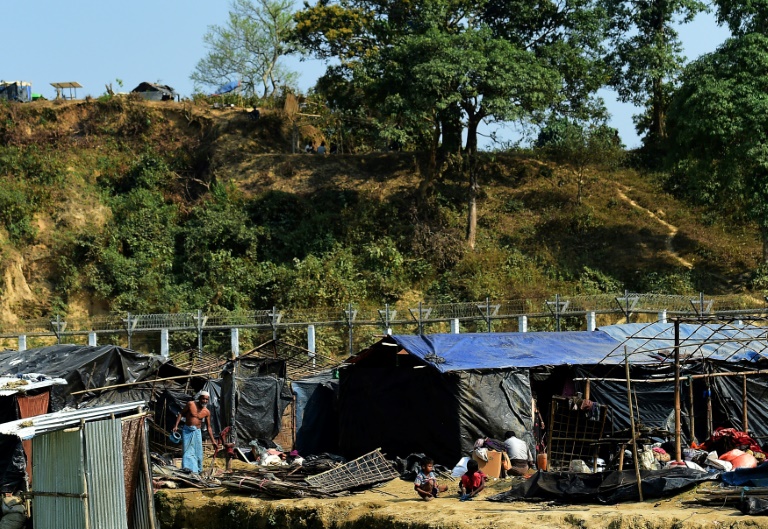As international migration continues to grow rapidly all over the world, it makes legal frameworks that protect the rights of the most vulnerable of migrants a dire necessity.
According to a U.N. report, the number of migrants reached 258 million in 2017, up from 220 million in 2010 and 173 million in 2000. Countries in the Middle East’s Gulf, in particular, have significant migrant populations.
According to Americans for Democracy & Human Rights in Bahrain, an organization that fosters awareness of and support for democracy and human rights, there are an estimated 25 million migrants across the Gulf Cooperation Council (GCC) countries. They account for 70 percent of the area’s total workforce, and almost half of its total population.
“While most Gulf countries have begun pushing for some sort of reform when it comes to labor laws for migrant workers in recent years, there are many gaps left to fill,” Somayya Mohammed, an immigration lawyer based in the Middle East, told The Globe Post.
“Ensuring all migrants under criminal prosecution have a right to a fair trial is one that needs considerable work – both by the host country and the consul of the home country. Migrant prisoners are some of the most vulnerable people in the world,” she added.
Sarah Belal, the executive director of Justice Project Pakistan (JPP), told The Globe Post that the prisoners “suffer rampant due process violations, such as long periods of detention without charge or trial, no access to legal assistance, pressure from the authorities to sign confessions and accept predetermined prison sentences, and ineffective translation services for defendants.”
JPP is a nonprofit human rights law firm that provides pro bono legal advice and investigative services to the most vulnerable of Pakistani prisoners, at home and abroad.
A new report by JPP and Human Rights Watch, dubbed Caught in a Web, has revealed the importance of consular protection policies and prison transfer agreements in efforts to protect migrant rights, especially in countries with criminal justice systems harsher than most.
The Philippine government, for example, regularly intervenes on behalf of its overseas workers. According to a 2011 government inquiry on behalf of the Committee on Overseas Workers’ Affairs, there was “no doubt” that the country’s diplomatic staff actively monitored developments in death-row cases involving Philippine citizens in Gulf countries.
In 2014, Sri Lanka signed a labor deal with Saudi Arabia seeking to protect the rights of 500,000 of its citizens working there. The move was made after a Sri Lankan maid was beheaded in the kingdom. At the moment, the Sri Lankan embassy has a 24-hour hotline where distressed workers can call for help.
In October 2015, a Saudi employer chopped off an Indian domestic worker’s hand. The Indian embassy immediately took note of the incident, providing the victim with consular and legal help to pursue charges against the employer.
The JPP report has also revealed the shortcomings of Pakistani authorities when it comes to protecting migrants in the tangles of the Saudi criminal justice.
About 1.6 million Pakistanis, most of them migrant workers, make up the second-largest migrant community in Saudi Arabia. The latter executes more Pakistanis than any other foreign nationals – 66 citizens of Pakistan have been executed since October 2014.
The report has documented many ways in which both countries have failed these migrants, based on interviews with 22 Pakistanis detained and put on trial in Saudi Arabia, and seven family members of nine other defendants, caught in 19 different cases.
The Globe Post spoke to Khurram (name changed), a salesman living in Sargodha, Pakistan, whose brother has been in jail in Saudi Arabia since 2013.
“My brother, Mustafa (name changed), had been working there in an accounting firm for two years when he visited us back for a holiday,” Khurram explained. “Another Pakistani in Saudi contacted him during that time and mentioned that his family wanted to send him some clothes and asked Mustafa if he could bring it with him.”
Mustafa agreed, but there were some drugs hidden between the clothes, and he got arrested right away after going through customs at Jeddah airport.
Saudi Arabia does not notify Pakistan’s officials about the arrests of Pakistani citizens, and neither has the government of Pakistan taken any steps to provide consular assistance, the JPP report said.
“We didn’t hear from him – or [from] anyone about him – for 17 whole days,” Khurram said with a shaky voice recalling the experience. “We didn’t know if he was alive. We didn’t know anything. I can’t explain what our family went through, [even] if I tried.”
Mustafa’s wife and children live in Pakistan and speak to him on the phone every few months, but they have not seen him since he was arrested in 2013.
“Most of the people we spoke to said that they were only able to contact family members eventually by paying other detainees to use contraband phones smuggled into prisons and detention centers,” Ms. Belal said.
Saudi Arabia does not have the policy to provide public defender services or any state support to those who cannot afford private lawyers. In the 19 cases researched by JPP, only one defendant was able to engage a defense lawyer.
“Without legal assistance, the defendants end up signing confessions or agreeing to verdicts which sometimes directly harm their interests,” Ms. Belal noted.
The language barrier also proves to be a key hindrance to detainees’ failure in finding justice.
“With a lack of understanding of Arabic, the detainees are unable to communicate with the courts or understand the contents of Arabic-language court documents,” Ms. Belal explained.
The court-appointed translators do not usually provide adequate services and can also sometimes intentionally misrepresent detainees’ statements to judges, as in the case of four of the 22 defendants interviewed.
During a panel discussion at the launch of the JPP report in Islamabad on March 7, Pakistani Senator Sehar Kamran pointed out the capacity limitations and “sheer indifference” at the Pakistani Embassy and consulates in Saudi Arabia.
She urged an increase in the number of community welfare officers and establishment of a Community Welfare Fund that can be used to hire effective legal representation for Pakistanis detained in that country.
According to JPP, most Pakistanis involved in criminal cases do not seek consular services from the Pakistani embassy in Riyadh or the consulate in Jeddah during their detentions because they do not believe Pakistani officials will offer any help.
“We should have a cell, in one or various relevant ministries, that has the mandate to examine, pursue and investigate the cases of these Pakistani prisoners abroad,” Senator Farhatullah Babar said.
He also suggested the creation of a regularly updated database of Pakistanis imprisoned abroad, which would contain details about all overseas Pakistani prisoners and progress of their cases or convictions.
“All political parties should put in their manifestos and to negotiate bilateral agreements that allow Pakistani citizens in the Gulf countries to serve their sentences at home,” said Dr. Sireen Mazar, another Parliamentarian who participated in the panel discussion.
It is the right of every migrant, under constitutional and international laws, that their home country protects them from shortcomings of a host country’s criminal justice system, she added.
Indonesian Migrant Workers Fight Against Inhumane Treatment Abroad


